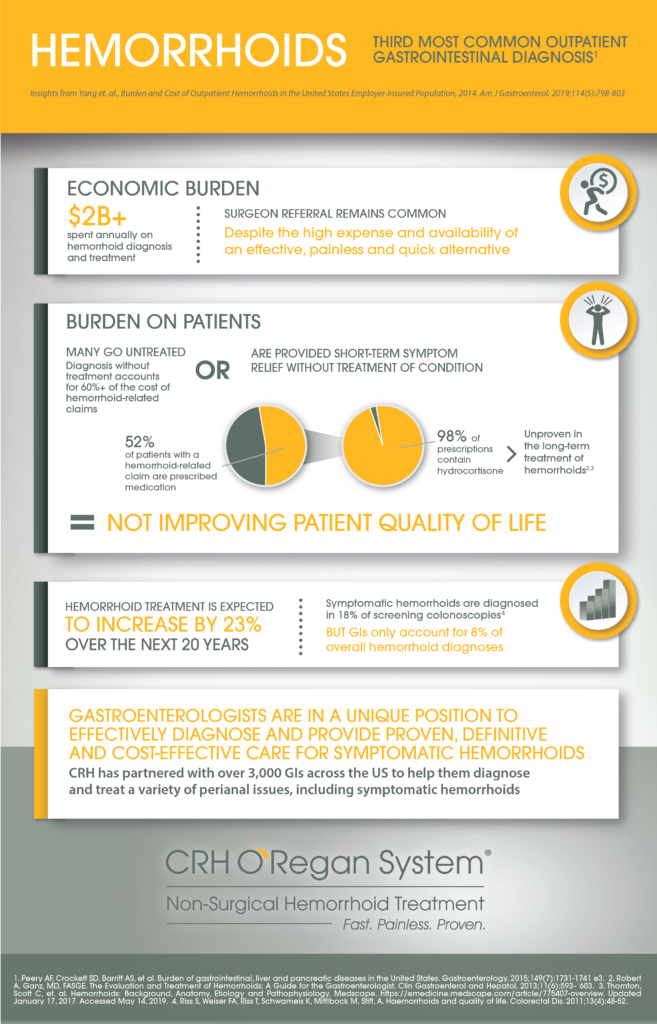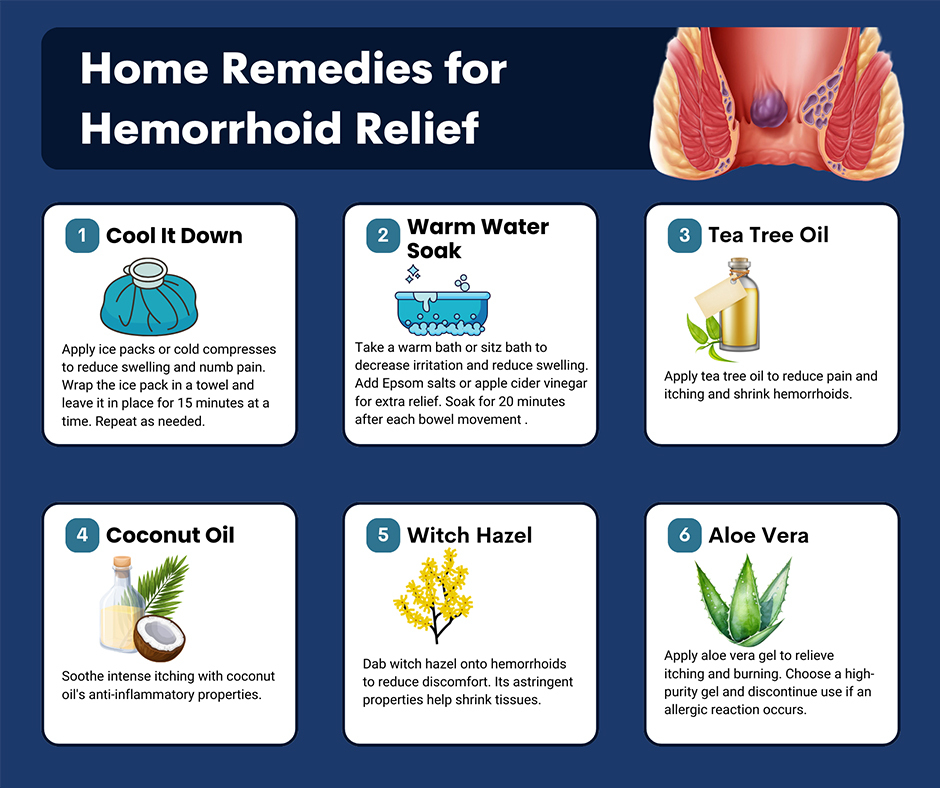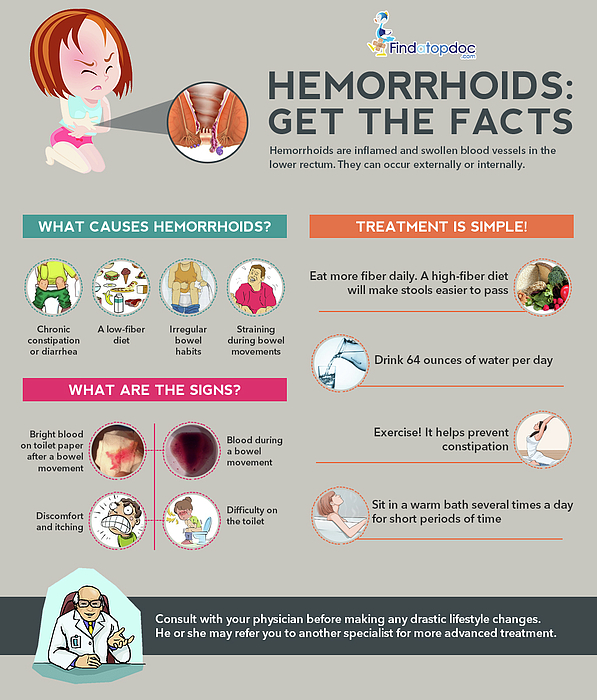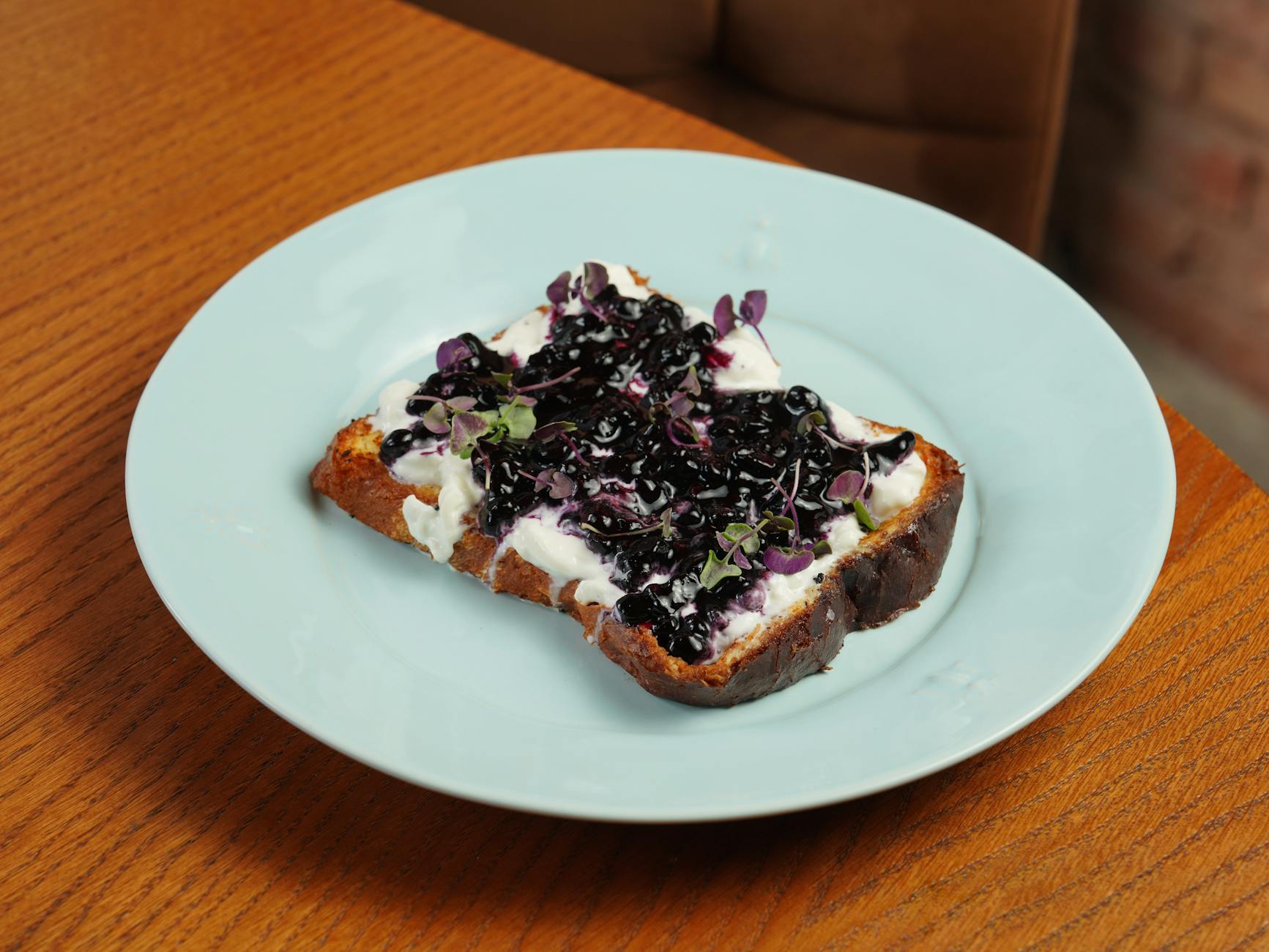Discover the secret to alleviating hemorrhoid pain quickly and effectively with these proven remedies that provide fast relief.
Table of Contents
- Introduction to Hemorrhoids
- Understanding the Causes of Hemorrhoids
- Quick Relief: Over-the-Counter Treatments
- At-Home Remedies
- Lifestyle Changes for Long-Term Relief
- When to See a Doctor
- Medical Procedures for Severe Cases
- Staying Positive and Patient
- Summary: Bringing It All Together
- Frequently Asked Questions (FAQs)
Introduction to Hemorrhoids
Have you ever heard of hemorrhoids? Well, they may sound like a strange word, but they are actually quite common and can cause a lot of discomfort. In this section, we will explore what hemorrhoids are and why someone might want quick relief from them.
What Are Hemorrhoids?
So, what exactly are hemorrhoids? Imagine little balloons or cushions inside your bottom that help you go to the bathroom. Sometimes, these balloons can get swollen and cause pain or itching. That’s when we call them hemorrhoids.
Why Do We Want Fast Fixes?
Now, you might be wondering why someone would want to fix hemorrhoids quickly. Well, just like when you have a tummy ache or a scraped knee, getting relief fast can help you feel better sooner. Hemorrhoids can make sitting or going to the bathroom uncomfortable, so finding ways to treat them swiftly can make a big difference in how you feel.
Understanding the Causes of Hemorrhoids
When it comes to understanding why someone might develop hemorrhoids, certain conditions like irritable bowel syndrome, Crohn’s disease, and ulcerative colitis can play a role. These health issues can make someone more prone to experiencing hemorrhoids.
Connections to Digestive Problems
Conditions like irritable bowel syndrome, Crohn’s disease, and ulcerative colitis can cause inflammation in the digestive tract. This inflammation can lead to irregular bowel movements, which may result in straining during bowel movements. Such straining can contribute to the development of hemorrhoids.
Additionally, individuals with these digestive problems might experience chronic diarrhea or constipation, both of which can further increase the likelihood of developing hemorrhoids due to the increased pressure on the veins in the rectal area.
Quick Relief: Over-the-Counter Treatments
When it comes to finding quick relief for hemorrhoids, creams and ointments can be a lifesaver. These products are easy to find at the store and can help soothe the discomfort associated with hemorrhoids. Simply apply a small amount of cream or ointment to the affected area as directed on the packaging. These products work by reducing inflammation and providing a layer of protection to help you feel better.

Image courtesy of physicians.crhsystem.com via Google Images
Suppositories and Wipes
In addition to creams and ointments, suppositories and wipes can also provide relief from the symptoms of hemorrhoids. Suppositories are small, bullet-shaped medications that can be inserted into the rectum to help reduce swelling and discomfort. Wipes, on the other hand, are pre-moistened towelettes that can be used to gently clean the affected area after a bowel movement. Both of these over-the-counter treatments can help make your symptoms more manageable and help you feel more comfortable.
At-Home Remedies
One simple way to help soothe the discomfort of hemorrhoids is by taking a warm bath. Just like how soaking in a warm bath can make you feel cozy, sitting in warm water can also make the pain and itchiness of hemorrhoids feel better. The warm water helps relax the muscles around the hemorrhoids, making them less swollen and painful.
Cold Compress
If warm baths aren’t your thing, you can also try using a cold compress on the area. A cold pack or a clean cloth soaked in cold water can help reduce swelling and numb the pain. Just remember to wrap the cold pack in a cloth or towel before applying it to your skin to avoid ice burn. You can use the cold compress for a few minutes at a time to get relief.
Foods to Eat
When it comes to managing hemorrhoids, what you eat can play a big role in finding relief. Eating foods high in fiber can make your stool softer and easier to pass, which can help reduce the pain and discomfort caused by hemorrhoids. Some good sources of fiber include fruits like apples, pears, and berries, as well as vegetables like broccoli, carrots, and spinach. Whole grains like whole wheat bread and brown rice are also great options for adding fiber to your diet.
Foods to Avoid
On the other hand, there are certain foods that you might want to avoid if you’re dealing with hemorrhoids. Spicy foods like hot peppers and chili can irritate hemorrhoids and make symptoms worse. Foods that are high in fat, like fried foods and fast food, can also be hard to digest and might make it more difficult to have regular bowel movements. It’s best to steer clear of these foods while you’re trying to manage your hemorrhoid symptoms.
Lifestyle Changes for Long-Term Relief
One important lifestyle change to prevent hemorrhoids from coming back is staying active. This means moving and exercising your body regularly. When you stay active, it helps your digestive system work better and can make it easier to pass stool without straining, which can lead to hemorrhoids.

Image courtesy of www.downtownveinvascular.com via Google Images
Regular Toilet Routine
Having a regular toilet routine can also play a big role in keeping hemorrhoids away. This means trying to go to the bathroom around the same time every day and not holding in your stool for too long. When you have a routine, it helps your body get into a rhythm and can prevent problems like hemorrhoids from happening.
When to See a Doctor
If you have been trying different treatments but your lower back pain persists and is very severe, or if you notice blood in your stool that doesn’t go away, it’s important to speak with a doctor. Sometimes, stomach ulcers can cause similar symptoms to hemorrhoids, so it’s essential to get a professional opinion to rule out any serious issues.
Professional Diagnosis
Even if your discomfort isn’t extreme, but your hemorrhoids aren’t getting any better after trying different remedies, it might be time to see a doctor. They can make sure you don’t have a more complicated condition like irritable bowel syndrome, Crohn’s disease, or ulcerative colitis, all of which can affect your digestive system and contribute to hemorrhoids. Getting a proper diagnosis from a healthcare provider will help guide the right treatment plan for you.
Medical Procedures for Severe Cases
In some severe cases of hemorrhoids, medical procedures may be necessary to provide relief. These procedures are typically done by a doctor and can help alleviate symptoms more effectively than at-home remedies or over-the-counter treatments. Below are some common medical procedures that can be used for severe cases of hemorrhoids:
Image courtesy of gi.md via Google Images
Hemorrhoid Treatment
If home treatments and over-the-counter remedies have not been effective in managing hemorrhoids, a doctor may recommend more advanced treatment options. These can include procedures such as rubber band ligation, sclerotherapy, infrared coagulation, or even surgery in extreme cases. These treatments aim to reduce the size of the hemorrhoids or remove them completely, providing long-lasting relief.
| Treatment | Description |
|---|---|
| High Fiber Diet | Eating foods high in fiber can help soften stools and make them easier to pass, reducing strain on the hemorrhoids. |
| Topical Ointments | Using over-the-counter creams or ointments can help reduce swelling and irritation of hemorrhoids. |
| Sitz Baths | Soaking in warm water can help reduce swelling and provide relief from hemorrhoid symptoms. |
| Ice Packs | Applying ice packs to the affected area can help numb pain and reduce swelling. |
| Hydration | Drinking plenty of water can help prevent constipation and improve overall digestive health. |
| Medical Procedures | In severe cases, medical procedures such as rubber band ligation or hemorrhoidectomy may be necessary to remove hemorrhoids. |
Staying Positive and Patient
When you’re dealing with something like hemorrhoids, it’s important to maintain a positive mindset. Remember that you’re not alone, and many people experience this issue at some point in their lives. By staying positive, you can tackle the problem with a clear head and a hopeful heart.
Understanding Treatment Takes Time
It’s essential to remember that not all solutions work overnight. Some treatments for hemorrhoids, whether it’s medication or lifestyle changes, may take time to show results. Being patient and consistent with your treatment plan is key to finding relief from the discomfort caused by hemorrhoids.
Seeking Support
If you’re feeling frustrated or overwhelmed by your hemorrhoid symptoms, don’t be afraid to reach out for support. Talking to a trusted adult, like a parent or a healthcare provider, can help you feel understood and supported during this time. Remember, it’s okay to ask for help when you need it!
Summary: Bringing It All Together
Throughout this article, we’ve learned about hemorrhoids, which are swollen blood vessels in the rectum or anus that can cause discomfort. Quick relief is important because nobody likes feeling uncomfortable!

Image courtesy of pixels.com via Google Images
What Are Hemorrhoids?
Hemorrhoids are like little cushions of tissue filled with blood vessels located at the end of the rectum.
Why Do We Want Fast Fixes?
We want quick fixes for hemorrhoids because they can cause pain, itching, and discomfort, and nobody likes feeling uncomfortable all the time!
Some conditions like irritable bowel syndrome, Crohn’s disease, and ulcerative colitis can make you more likely to get hemorrhoids. Treatments can be found at the store, like creams, ointments, suppositories, and wipes to help relieve symptoms.
At-Home Remedies
From warm baths to using a cold compress, there are simple treatments you can try at home without needing to go to the store.
The Role of Diet in Managing Hemorrhoids
Eating the right foods can make stool easier to pass and help prevent further discomfort. Avoiding certain foods can also help in managing hemorrhoids.
Lifestyle Changes for Long-Term Relief
Staying active and having a regular toilet routine are important habits that can prevent hemorrhoids from coming back.
When to See a Doctor
When lower back pain and stomach ulcers come into play, it might be time to ask for expert help. Serious symptoms should never be ignored, and seeking a professional diagnosis is crucial when at-home treatments don’t work.
For severe cases of hemorrhoids, medical procedures may be necessary. Remember to stay positive and patient throughout your treatment process. Good things take time!
Frequently Asked Questions (FAQs)
Q: What Are Hemorrhoids?
Hemorrhoids are swollen blood vessels in the rectal area that can cause discomfort and pain, similar to having a small bump. They can make it difficult to go to the bathroom without feeling uncomfortable.
Q: Why Do We Want Fast Fixes?
Fast fixes for hemorrhoids are sought after because they can help ease the discomfort and make you feel better quickly. Nobody likes feeling sore or uncomfortable, and finding relief fast can make a big difference in how you feel.
Q: When Should I See a Doctor?
If you experience serious symptoms like severe lower back pain, stomach ulcers, or other unusual issues, it’s important to visit a doctor. They can provide the right diagnosis and recommend the best treatment for you.
Q: How Can I Prevent Hemorrhoids from Coming Back?
To prevent hemorrhoids from coming back, staying active and having a regular toilet routine are key. Being active can help maintain good digestive health, while having a regular routine can help prevent straining during bowel movements.





